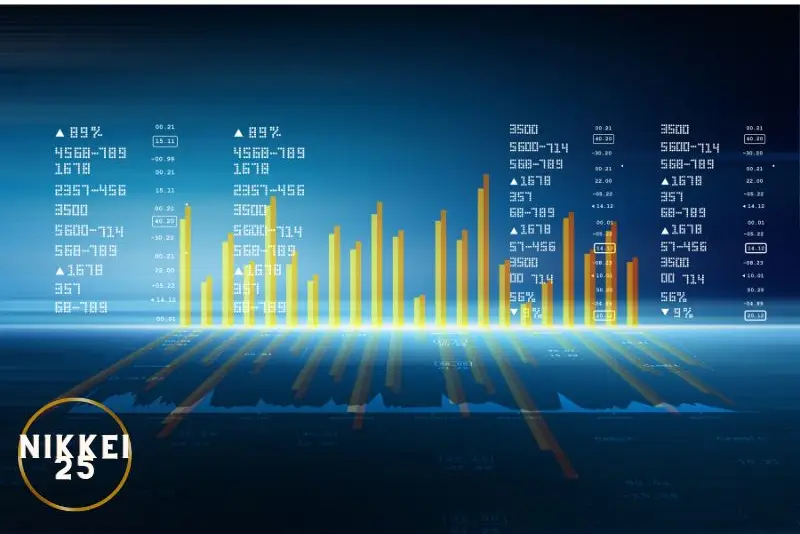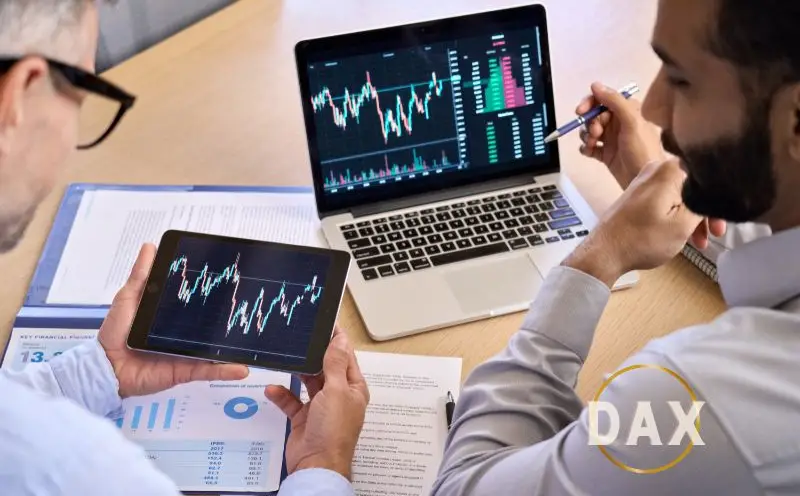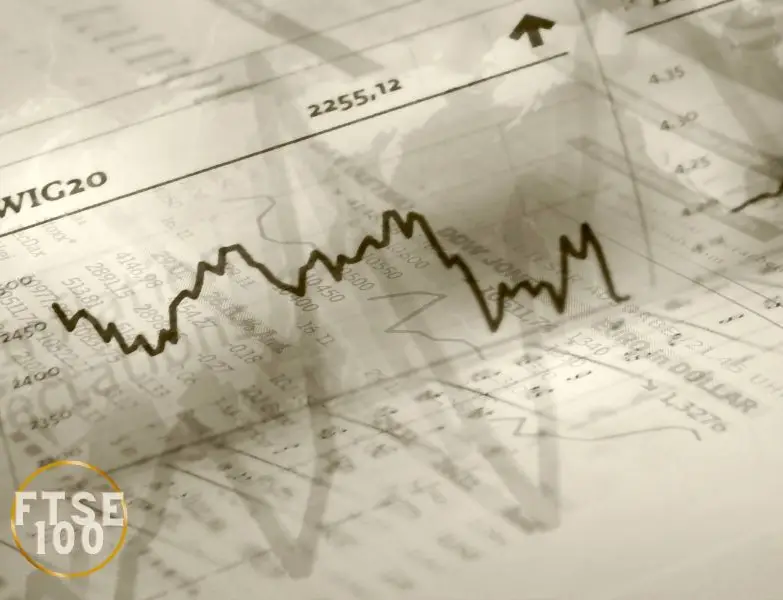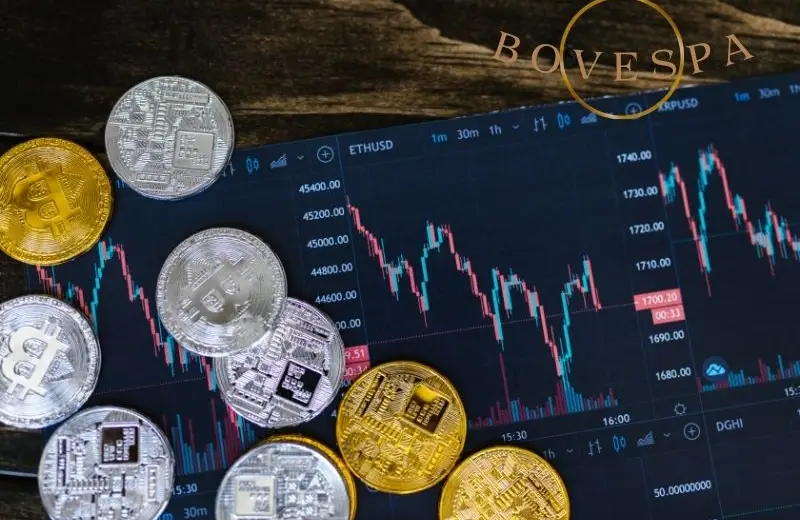Are you interested in the fast-paced world of the stock market? Look no further than Lithuania, where the stock market plays a crucial role in driving the country’s economy forward.
One of the key reasons why the stock market in Lithuania is so important is because it provides companies with a platform to raise capital for growth and expansion. By selling shares to investors, businesses can secure funding to invest in new projects, hire more employees, and innovate their products and services.
Furthermore, investing in the stock market allows individuals to participate in the country’s economic growth and potentially earn attractive returns on their investments. It also helps to diversify investment portfolios and hedge against inflation and other economic risks.
In Lithuania, there are several stock indices that provide valuable insights into the performance of different sectors of the economy. Some of the major stock indices include the OMX Vilnius Index, which tracks the performance of companies listed on the Nasdaq Vilnius Stock Exchange, as well as sector-specific indices like the OMX Vilnius Financials Index and OMX Vilnius Industrial Index.
Whether you’re a seasoned investor or just starting out, keeping an eye on the stock market in Lithuania can offer a wealth of opportunities for financial growth and prosperity. Stay informed, stay engaged, and watch your investments soar!
How Does the Stock Market Work in Lithuania
The stock market in Lithuania operates through the Nasdaq Vilnius Stock Exchange, which is a part of the Nasdaq Baltic Exchange. The stock market allows companies to raise capital by selling shares of their company to investors. Investors can buy and sell these shares on the stock exchange.
To invest in the stock market in Lithuania, individuals can open a brokerage account with a local or international brokerage firm that offers access to the Nasdaq Vilnius Stock Exchange. They can then buy and sell stocks listed on the exchange through their brokerage account.
Some major stocks that generate profit in Lithuania include:
- Lietuvos Energija – state-owned energy company
- Grigeo – paper and packaging manufacturer
- Apranga – retail clothing company
- Snaigė – refrigeration equipment manufacturer
- Telia Lietuva – telecommunications company
Investors can research these companies, analyze their financial performance, and make informed decisions about buying or selling their stocks based on market trends and individual investment goals.
What is the benefits of buying stocks in Lithuania
There are several benefits to buying stocks in the Lithuania stock market. Some of these benefits include:
1. Diversification: Investing in the Lithuania stock market allows you to diversify your investment portfolio, spreading risk across different sectors and industries.
2. Potential for growth: The Lithuania stock market has shown signs of growth and potential for future expansion, making it an attractive option for investors looking to capitalize on emerging markets.
3. Access to international markets: By investing in the Lithuania stock market, you gain exposure to international markets and can take advantage of global economic trends and opportunities.
4. Competitive fees: The fees associated with buying stocks in the Lithuania stock market are generally competitive compared to other global exchanges, making it a cost-effective option for investors.
When investing in the Lithuania stock market, it is important to keep a few tips and takeaways in mind:
1. Conduct thorough research: Before investing in any stocks, make sure to thoroughly research the companies you are interested in and understand their financial health, business model, and industry outlook.
2. Diversify your portfolio: To minimize risk, consider diversifying your investment portfolio across different sectors and industries within the Lithuania stock market.
3. Stay informed: Keep up-to-date with market trends, news, and economic indicators that may impact your investments in the Lithuania stock market.
4. Consider seeking professional advice: If you are unsure about how to invest in the Lithuania stock market or need guidance on building a diversified portfolio, consider seeking advice from a financial advisor or investment professional.
In conclusion, investing in the Lithuania stock market offers several benefits such as diversification, potential for growth, access to international markets, and competitive fees. By following these tips and takeaways, investors can navigate the Lithuania stock market effectively and make informed decisions about their investments.
The main stock indices in Lithuania
Stock market indices are important indicators that provide a snapshot of the overall performance of a particular stock market or segment of it. They are used by investors, analysts, and policymakers to gauge the health and direction of the market. Some of the most important stock market indices globally include the S&P 500, Dow Jones Industrial Average, and Nasdaq Composite in the United States, FTSE 100 in the United Kingdom, and Nikkei 225 in Japan.
In Lithuania, the most important stock market index is the OMX Vilnius Index (OMXV). It tracks the performance of the largest and most liquid companies listed on the Nasdaq Vilnius Stock Exchange. The index is weighted based on market capitalization, with larger companies having a greater impact on its movements.
The regulation of stock market indices in Lithuania falls under the purview of the Bank of Lithuania, which is responsible for overseeing and regulating financial markets in the country. The Bank of Lithuania sets rules and guidelines for stock exchanges, index providers, and other market participants to ensure transparency, fairness, and stability in the financial system.
Market participants are required to comply with regulations related to index calculation methodologies, licensing agreements for using indices in financial products, disclosure requirements for index changes or rebalancing, and other relevant rules set by authorities.
Investors looking to track or invest in Lithuanian stocks can use the OMX Vilnius Index as a benchmark to assess performance against local companies. It provides valuable insights into how well Lithuanian equities are performing relative to each other and can help investors make informed decisions about their portfolios.
Overall, stock market indices play a crucial role in providing information about market trends and performance. Regulatory oversight ensures that these indices are calculated accurately and fairly, benefiting investors and maintaining confidence in the financial markets.
Recap: The stock market in Lithuania
The stock market in Lithuania has seen steady growth in recent years, with the country’s main stock exchange, Nasdaq Vilnius, experiencing increased activity and interest from investors.
Lithuania’s economy has been performing well, with strong GDP growth and low unemployment rates, which has contributed to the positive performance of the stock market.
Investors in Lithuania have access to a wide range of investment opportunities, including stocks, bonds, and ETFs listed on the Nasdaq Vilnius exchange.
Overall, the stock market in Lithuania is considered to be relatively stable and attractive for both domestic and foreign investors looking to diversify their portfolios and capitalize on the country’s economic growth.




























































